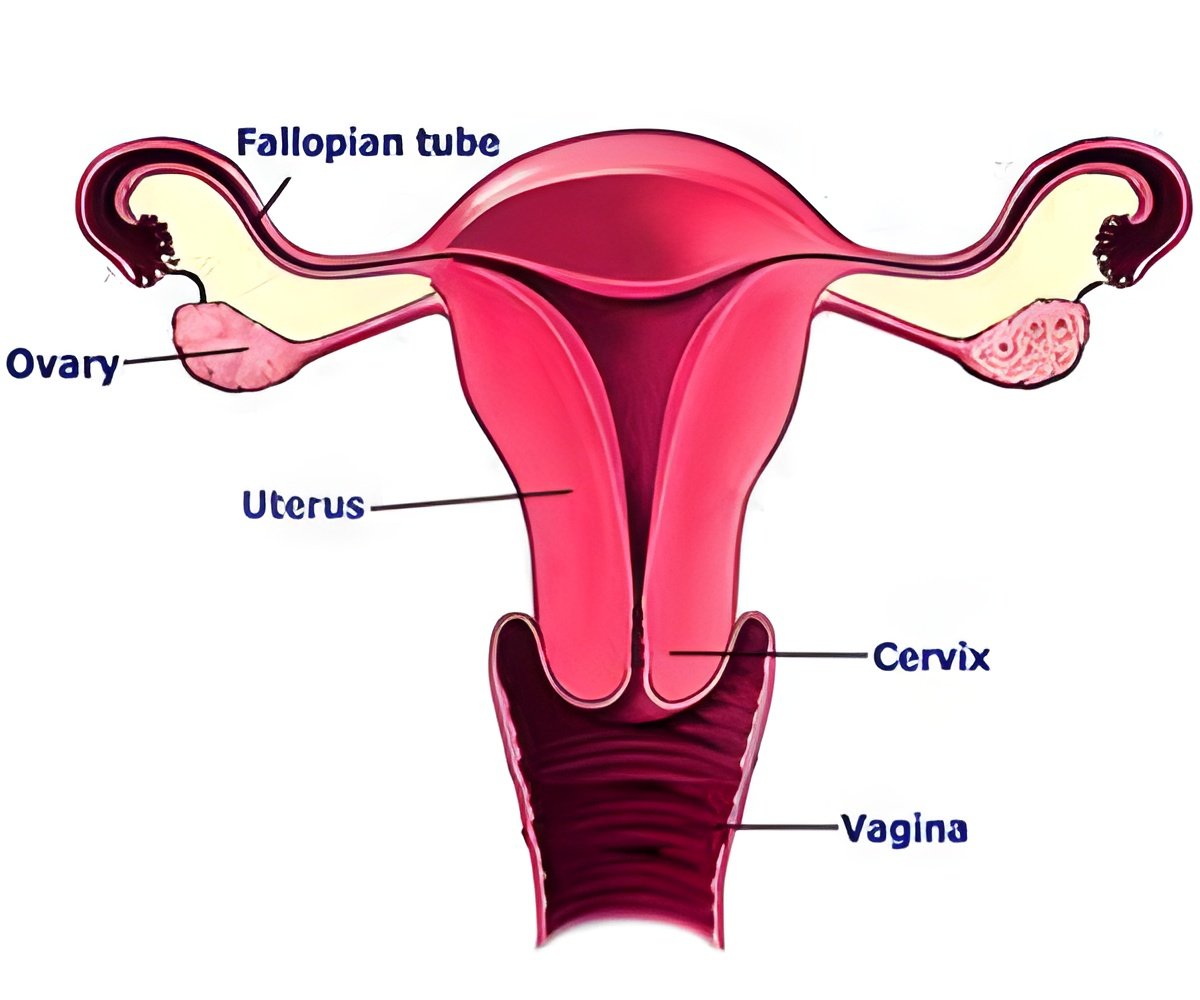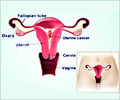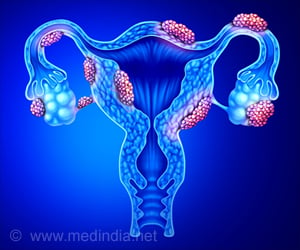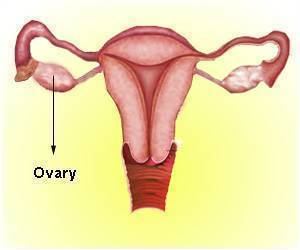Women becoming mother at the age of 40 or older are 44 percent at reduced risk of developing endometrial cancer when compared to women who have their last birth under the age of 25.

Veronica "Wendy" Setiawan, Ph.D., assistant professor of preventive medicine at the Keck School, was the principal investigator of the study, "Age at Last Birth in Relation to Risk of Endometrial Cancer: Pooled Analysis in the Epidemiology of Endometrial Cancer Consortium," which found that risk begins to decrease after age 30 by approximately 13 percentage points for each five-year delay in last births.
Compared to women who last give birth before age 25, those who have their last child between age 30 and 34 reduce their risk by 17 percent and those between age 35 and 39 reduce their risk by 32 percent.
"While childbearing at an older age previously has been associated with a lower risk of endometrial cancer, the size of this study definitively shows that late age at last birth is a significant protective factor after taking into account other factors known to influence the disease - body weight, number of kids and oral contraceptive use," Setiawan said.
The study, believed to be the largest of its kind, examined pooled data from four cohort studies and 13 case-control studies.
The research examined a total of 8,671 cases of endometrial cancer and 16,562 control subjects, all derived from studies in the Epidemiology of Endometrial Cancer Consortium.
Advertisement
"Protection also did not vary by the two types of the disease: the more common Type 1, which we think is related to estrogen exposure; and the more rare, but more aggressive and deadly, Type 2, which have been thought to develop independent of hormones," Setiawan said.
Advertisement
The American Cancer Society estimates that in 2012 about 47,130 new cases of cancer of the uterine body will be diagnosed, and about 8,010 women will die from such cancers. The vast majority of those cases are endometrial cancer.
Setiawan's research also examined whether the association between age at last birth and endometrial cancer was consistent across race and ethnicity.
The protective association was observed in Caucasian and Asian women, but not in the study's small subset of black women, and Setiawan suggested this warrants additional study of larger groups of black women.
"This study shows an important protective factor for endometrial cancer, and when the exact mechanism by which it protects women from getting the disease is known, it can help our understanding of how endometrial cancer develops and thus how to prevent it," Setiawan said.
The results of the research are now available online in the American Journal of Epidemiology.
Source-ANI















